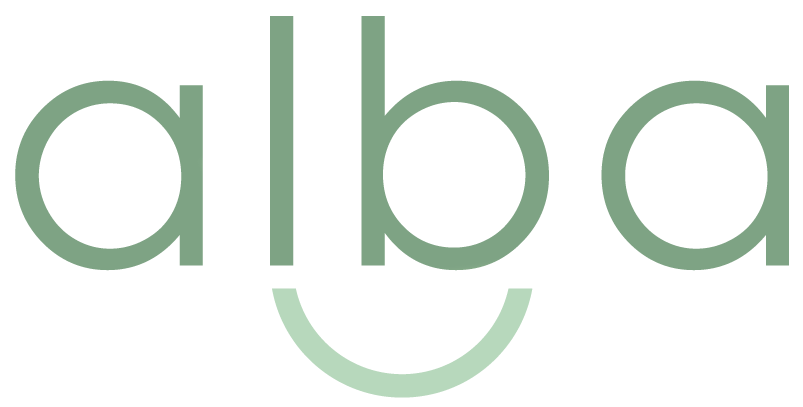Anxiety has a number of different causes and can appear at any stage of life (1).
While there are many similarities between how anxiety presents at each life stage, there are some key differences. By being aware of the signs and symptoms at each stage, you can find the right approach for yourself and your loved ones.
Adolescents
According to the National Institute of Healthy, nearly 1 in 3 adolescents ages 13 to 18 will experience an anxiety disorder (2).
Signs of anxiety in adolescents may include (3):
- Recurring fears and worries about routine parts of everyday life
- Changes in behavior, such as irritability
- Avoiding activities, school, or social interactions
- Dropping grades or school avoidance
- Trouble sleeping or concentrating
- Substance use or other risky behaviors
- Chronic physical complaints, such as fatigue, headaches, or stomachaches.
Experts believe things like the high pressure to succeed, troubling world events, and social media increased rates of anxiety among young people (3).Talk to your child’s pediatrician if you’re noticing signs of anxiety in your child
Middle Age
Hormone shifts in middle age can result in menopause-related anxiety. While this presents very similarly to psychologically caused anxiety, this type of anxiety requires a slightly different treatment approach (4).
Symptoms of menopause anxiety may include (4):
- Fearfulness or feelings of vulnerability
- Free-floating anxiety
- Excessive worry
- Impatience or short-temperedness
- Feeling physically tense and jittery
- Mood swings
- Mild depression
- Panic attacks
- Feeling overwhelmed
- Fatigue
- Exacerbation of previous mental issues, including schizophrenia, depression, panic disorder, OCD, and bipolar disorder
- Sleep difficulties, including insomnia, nightmares, or night sweats
- Racing pulse, heart palpitations
- Headaches
- Stomach upsets
Talk to your doctor if you’re experiencing the above symptoms.
Older Adults:
Anxiety disorders affect nearly 4% of older adults worldwide (5). The additional concerns anxiety presents in older adults include limited brain health and its association with accelerated cognitive decline (6).
Symptoms of anxiety in older adults may include (7):
- Uncontrollable feelings of panic, fear, and/or apprehension
- Obsessive thoughts
- Reactions that are disproportional to the triggering fear
- Restlessness
- The trouble with memory and focus
- Insomnia
- Nightmares
- Refusal to engage in routine activities
- Ritualistic behaviors (e.g., repeated handwashing)
Physical Symptoms of anxiety in older adults may include (7):
- Racing heart, or heart palpitations
- Trembling
- Hot flashes
- Headaches
- Frequent urination
- Shortness of breath
- Nausea
- Tense muscles
- Excessive sweating
- Cold or sweaty hands
- Dry mouth
Fortunately, anxiety is treatable. Together with the help of your doctor and mental health professional, you can design a treatment plan that will work best for you. Successful plans involve a well-rounded approach that covers several areas of your life including behavioral changes, medication, and therapy. .
Alba Wellness treats people of all ages. If you’re experiencing the symptoms listed above, please fill out our intake form or call our office. One of our helpful team members will answer your questions and schedule your appointment.

